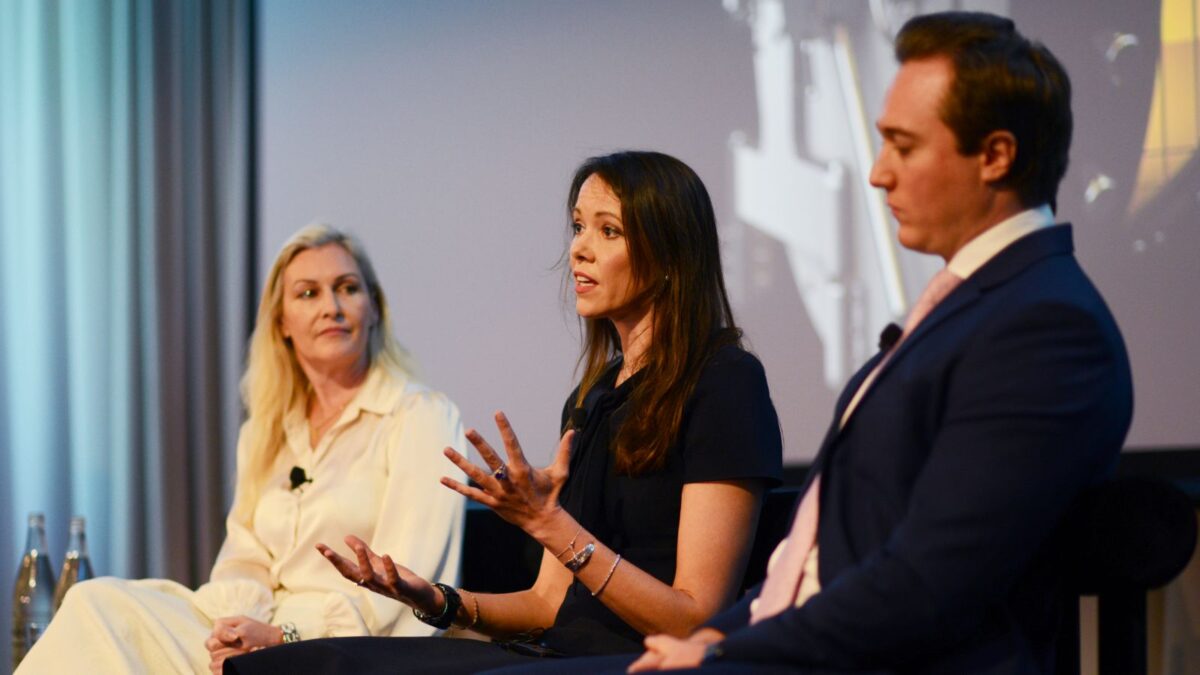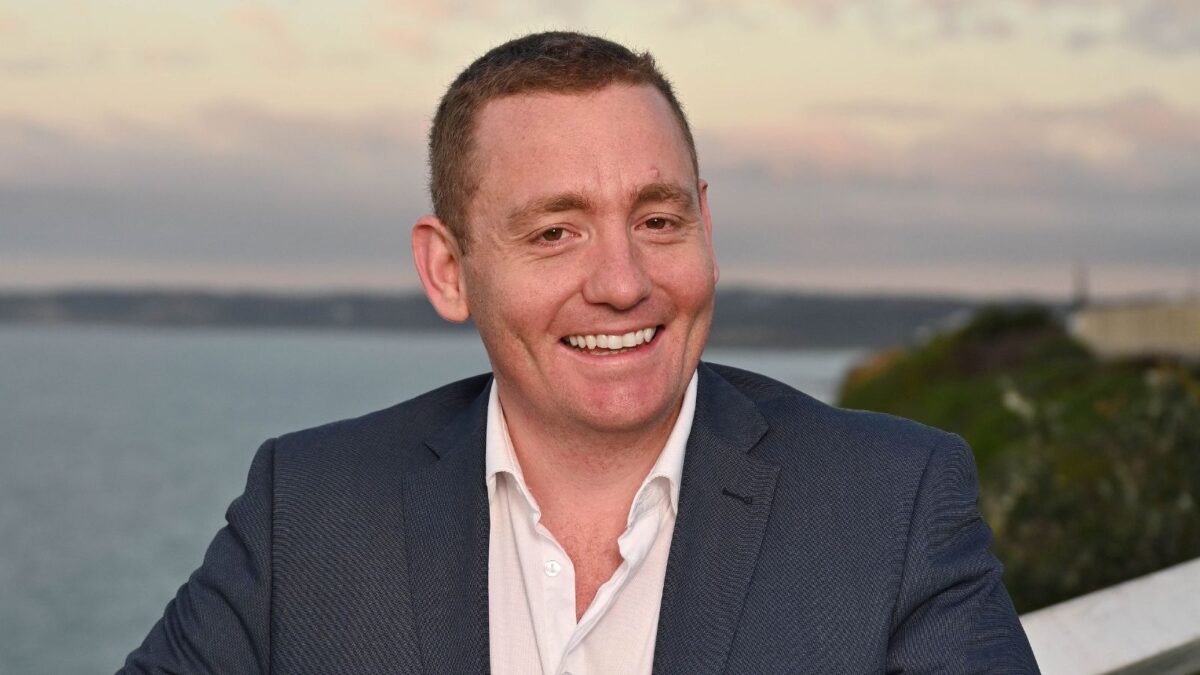Fintech opportunities despite ‘insane’ valuations
(pictured: Phillip Kingston)
by Greg Bright
There’s an old sharemarket saying that when taxi drivers start talking about stocks, it’s time to sell. Perhaps a new version of this is that when big traditional fund managers – such as Fidelity and T. Rowe Price – get into venture, it’s time to stay away.
According to Phillip Kingston and Roderick Thomson, who have been casting their eyes over a few Australian fintech assets, some valuations in the US, Australia and elsewhere are “insane”. Many companies are unlikely to provide a reasonable return for the level of risk.
“The situation now is very similar to how it was in 1999 and as the markets turn in the coming years the demand-supply relationship is likely to change from abundant cash and few deals to scarce cash and many deals. This is when you want to be investing,” Kingston says.
He is the managing director and co-chair of Trimantium Capital Funds Management, which has a base in Melbourne and has singled out fintech and ‘healthtech’ for early stage backing.
Roderick Thomson, co-chair and chief investment officer, says of the current venture climate: “The current enthusiasm for investing in technologies and new businesses is driving up valuations, which is reducing the potential for exceptional investment returns.”
Thomson is one of world’s most successful technology investors who scours the world looking for opportunities. He and his partners have had some amazing successes, the biggest being the identification of Baidu in China and the early stage investment of US$12.5 million in it, which turned into about $12 billion down the track after China’s answer to Google listed in the US. He was also an early investor in Skype and a co-founder of Virgin Mobile Middle East and Africa. He has been involved in China since 1990 when he obtained oil leases in Bohai Bay.
Kingston and Thomson refer to Trimantium as an “impact investor”, although the label is generally used in funds management to describe something with more of a high social-good impact. Trimantium aims to make its impact by “building businesses that matter…by empowering consumers, creating choice, building awareness and generating wellness”.
Nevertheless, Kingston has worked with a lot of NGOs, including the United Nations, on ESG issues and is a former non-executive director of the Centre for Sustainability Leadership. He is also a co-founder of Melbourne-based Good Super, which has an ESG bent, allowing investment in specific social projects. Good Super this year acquired Max Super and is building an independent retail super brand, currently with about $100 million under management.
Trimantium has embarked on a capital raising from wholesale and professional investors in Australia for the Trimantium Global Alpha Fund, expecting to get about US$2 billion globally, with between one-quarter and a half from Australian investors. The fund will invest globally both in unlisted and listed companies primarily in the health and finance sectors.
It’s a typical venture structure, with a 2 and 20 fee (2 per cent management and 20 per cent performance above a high watermark), with a three-year lock-up and, thereafter, six-monthly liquidity of up to 25 per cent of units held. Sandhurst Trustees is the custodian.
Kingston says that through the firm’s network and connections, the managers see thousands of potential deals each year. They look to identify the potential for growth and then “pressure test” it to make sure it is real. “We’re not after small-time investments,” he says. “We’re after the opportunities that might change the world.” At any point in time, there may be only five to 10 great deals in the world which are of interest.
Something to watch out for, too, is the world’s finest investors, such as the wealthy tech investors of Silicon Valley and other tech hubs, often get the first look-in for start-up ventures. Kingston and Thomson will bring exclusive deals to Australian institutions that they cannot otherwise access and this is what Trimantium sees as its competitive advantage.
The entry of big traditional managers to the venture space, such as Fidelity and T. Rowe Price – through a US$130 million consortium investment in cloud communications company Twilio in August – which are not venture specialists, is an indicator of an over-heated sector, Kingston believes.
An important element of risk control for Trimantium is its active involvement in the businesses in which it invests. “We only invest where we can affect the outcome,” Kingston says. “That means our team works hands-on to grow the business using strategic, operational, financial and digital insights.”
He says that the managers do not believe in “technology investing” as such, but, rather in “enterprise investing” where technology is an enabler for defensible profits. There are still opportunities to buy good companies with strong growth prospects in the fintech and healthtech sectors. Those sectors which have high barriers to entry and high ongoing compliance costs are attractive because their earnings tend to be more protected.










